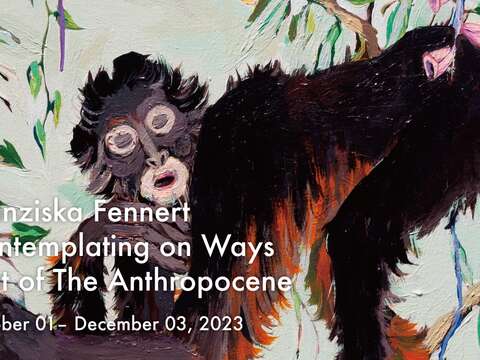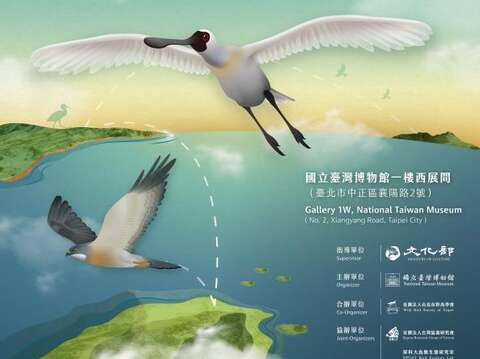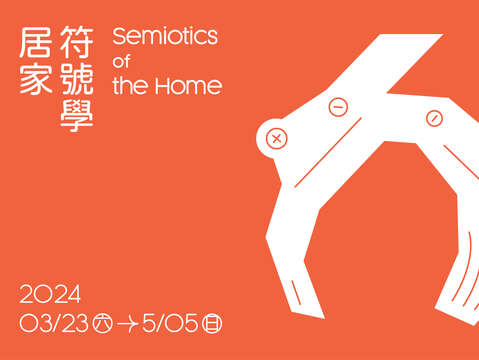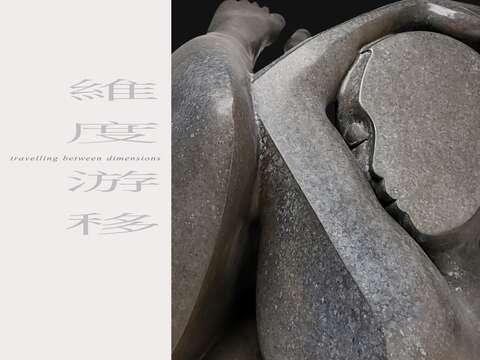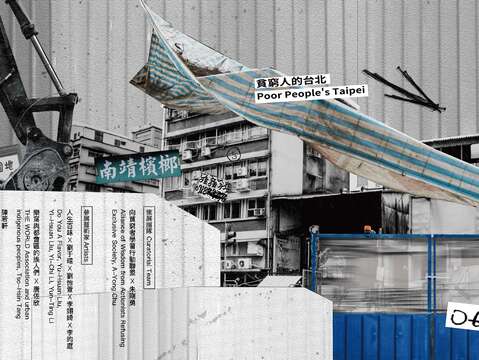Post date:2023-10-24
Updates:2023-10-24
559
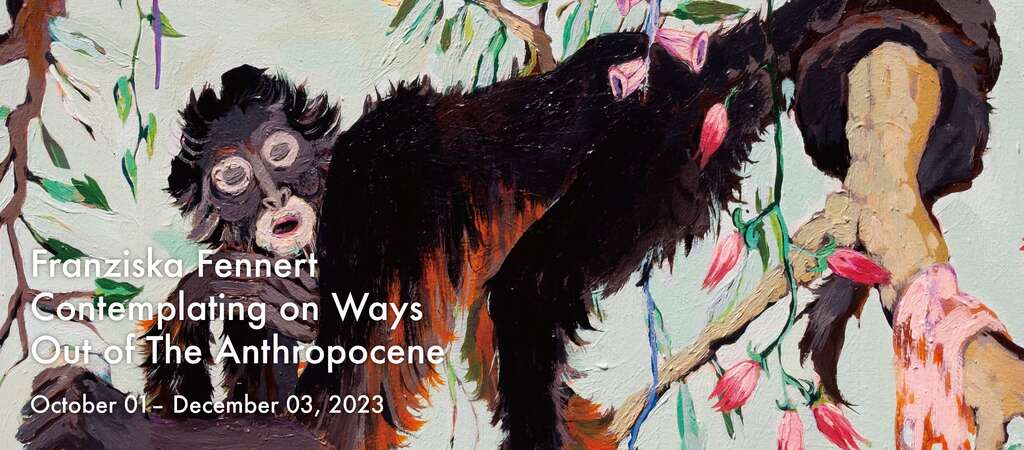
- Event Time
- 2023-10-01~2023-12-03Wed. ~ Sun.13:00 ~18:00
- Event Location
- No.5, Lane 67, Section 1, Jinshan S.Rd,, Zhongzheng Dist., Taipei City Taiwan, R.O.C
Created with free brushstrokes and vivid hues, these paintings portray fauna and primordial deities in a rainforest conspicuously devoid of human presence, although the traces of human intervention subtly emerge. In "Contemplating on ways out of the anthropocene," her second solo exhibition at Nunu Fine Art Taipei, German artist Franziska Fennert explores the interaction between humanity and an abundantly diverse world fraught with ecological imbalances.
Influence of Diverse Artistic Movements
Fennert was born in a harbor town along the Baltic Sea on the northern coast of Germany. At the age of five, she moved with her family to a remote cabin, where she was surrounded by a mystifying forest and immersed in her mother's rich collection of literature. This early exposure to German folk tales and other fantastical stories laid the foundation for her art. Later, at the Academy of Arts in Dresden, her initial interest in Neo-Expressionism expanded to encompass Russian icons, naive art, primitive art, Persian miniatures, Chinese calligraphy, and Japanese woodblock prints. Additionally, since moving to Indonesia in 2013, she has become fascinated with Hindu mythology, Javanese art, Javanese spiritual science and wayang painting. These diverse inspirations harmoniously converge in her work, producing a conscious blend of artistic styles and philosophies.
Reflecting on the Anthropocene
Interpreting the utopian and dystopian codes embedded in Fennert's artworks reveals an intricate realm of meaning. Amidst the idyllic tropical rainforest, creatures rendered in fluorescent pink and celadon green highlight the fragility of endangered Sumatran elephants and orangutans. The enchanting scenes obscure the perils of discarded waste; yet the colors and symbolic imagery—empty pizza boxes, plastic containers, chip bags, animal skulls—convey a stark indictment. The satirical coexistence of nature and commercial refuse implies that every comfort comes at a cost, that humanity’s future is mortgaged against the treasures of fresh air, fertile soil, clean waters, and biodiversity.
Yet Fennert, a spirited optimist, extends her message beyond mere admonition. The array of Hindu gods—the self-immolating and rejuvenating goddess in Durga Reevaluating Values, and Dewi Sri and Dewa Wisnu on the relief the artist created for this exhibition—all posit proactivity. Post-pandemic, Fennert believes, we should bid farewell to exploitive systems and modes of thought. Given boundless human potential, in this transformative era, one should confidently harness one’s inner strength, lead a conscious life, and treasure the myriad insights embedded in ancient wisdom, thereby creating a holistic future for all beings.
Influence of Diverse Artistic Movements
Fennert was born in a harbor town along the Baltic Sea on the northern coast of Germany. At the age of five, she moved with her family to a remote cabin, where she was surrounded by a mystifying forest and immersed in her mother's rich collection of literature. This early exposure to German folk tales and other fantastical stories laid the foundation for her art. Later, at the Academy of Arts in Dresden, her initial interest in Neo-Expressionism expanded to encompass Russian icons, naive art, primitive art, Persian miniatures, Chinese calligraphy, and Japanese woodblock prints. Additionally, since moving to Indonesia in 2013, she has become fascinated with Hindu mythology, Javanese art, Javanese spiritual science and wayang painting. These diverse inspirations harmoniously converge in her work, producing a conscious blend of artistic styles and philosophies.
Reflecting on the Anthropocene
Interpreting the utopian and dystopian codes embedded in Fennert's artworks reveals an intricate realm of meaning. Amidst the idyllic tropical rainforest, creatures rendered in fluorescent pink and celadon green highlight the fragility of endangered Sumatran elephants and orangutans. The enchanting scenes obscure the perils of discarded waste; yet the colors and symbolic imagery—empty pizza boxes, plastic containers, chip bags, animal skulls—convey a stark indictment. The satirical coexistence of nature and commercial refuse implies that every comfort comes at a cost, that humanity’s future is mortgaged against the treasures of fresh air, fertile soil, clean waters, and biodiversity.
Yet Fennert, a spirited optimist, extends her message beyond mere admonition. The array of Hindu gods—the self-immolating and rejuvenating goddess in Durga Reevaluating Values, and Dewi Sri and Dewa Wisnu on the relief the artist created for this exhibition—all posit proactivity. Post-pandemic, Fennert believes, we should bid farewell to exploitive systems and modes of thought. Given boundless human potential, in this transformative era, one should confidently harness one’s inner strength, lead a conscious life, and treasure the myriad insights embedded in ancient wisdom, thereby creating a holistic future for all beings.
 Franziska Fennert: CONTEMPLATING WAYS OUT OF THE ANTHROPOCENE
Franziska Fennert: CONTEMPLATING WAYS OUT OF THE ANTHROPOCENE